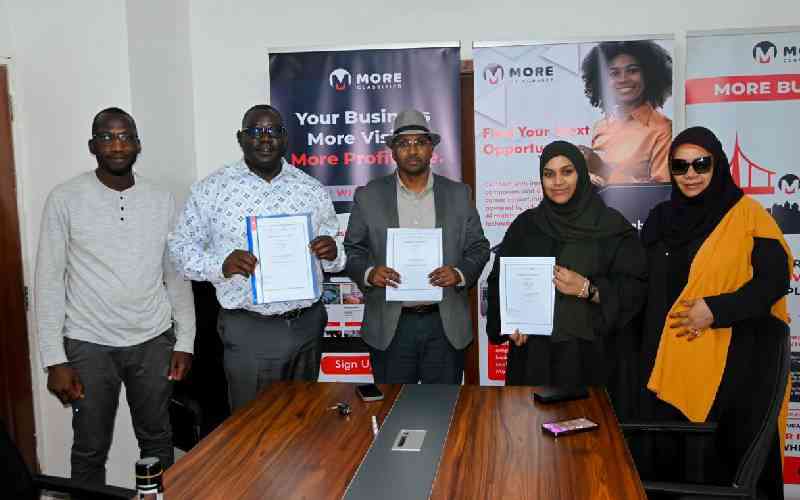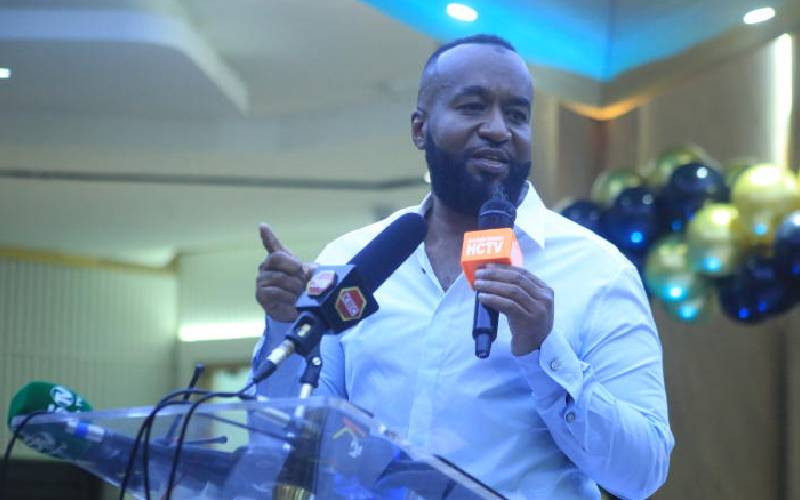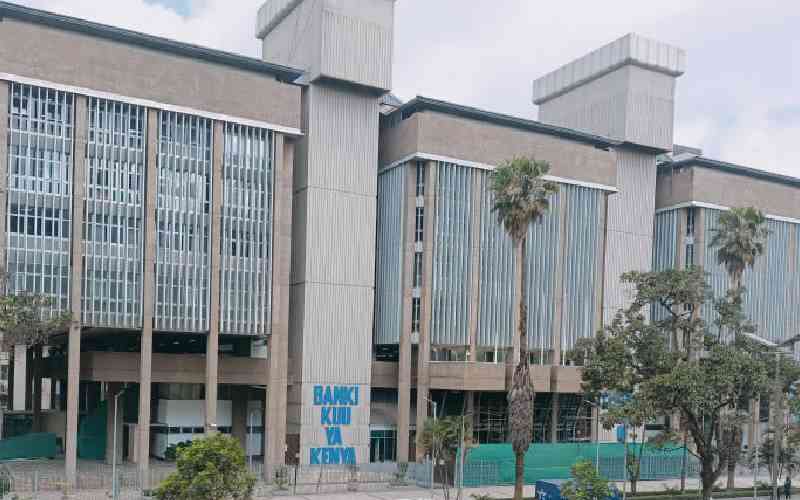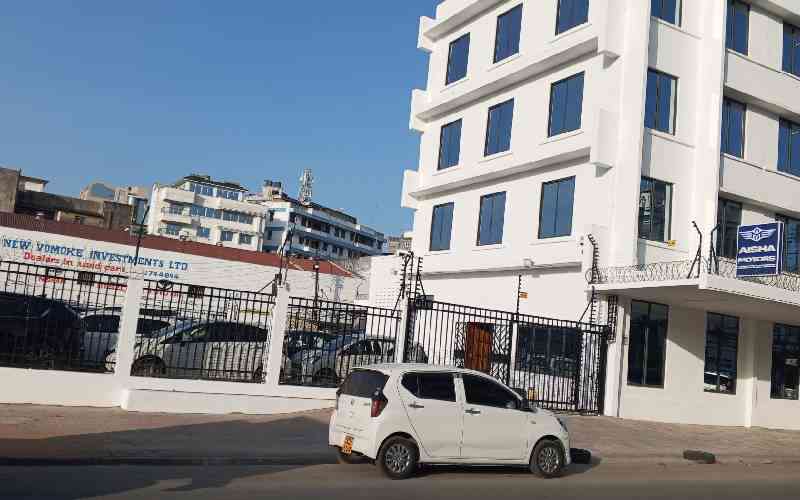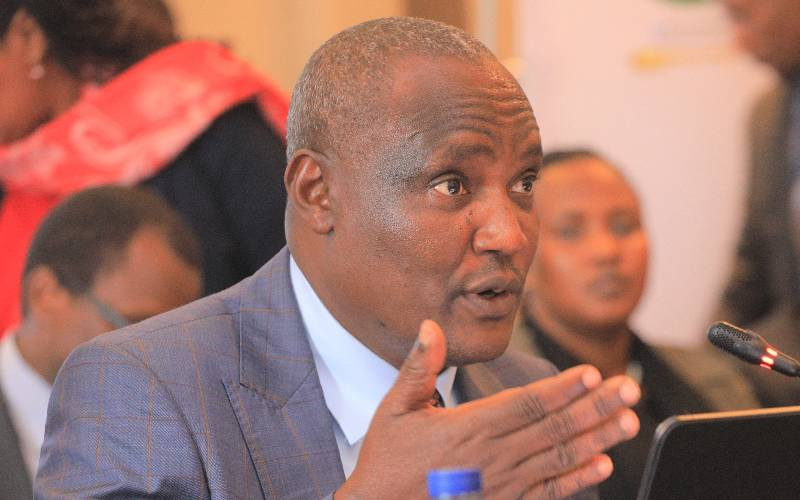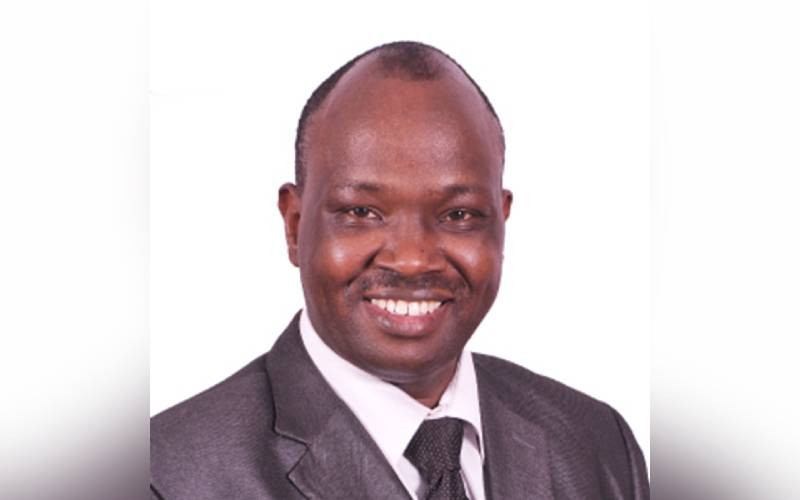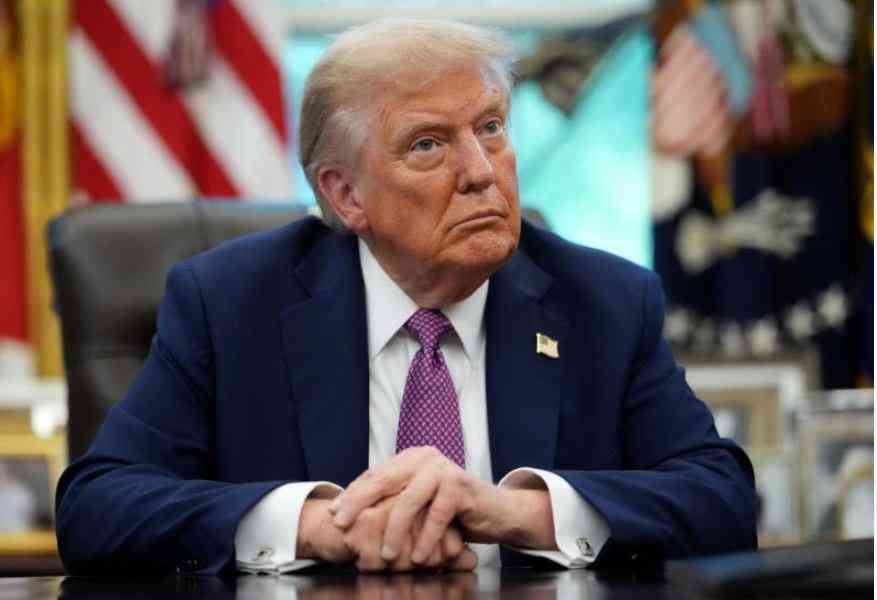×
The Standard e-Paper
Kenya’s Boldest Voice
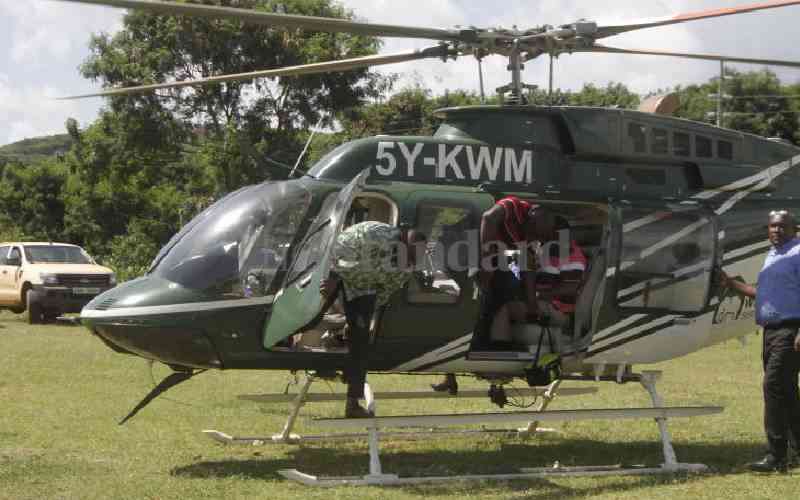
When the Finance Bill, 2023 was made public in April last year, one of the clauses that kicked up a storm was the proposal to remove taxes on helicopters and aircraft parts.
Many Kenyans reacted angrily, noting how the Kenya Kwanza regime was quick to gift wealthy Kenyans tax cuts as the rest of them reel under heavy taxation.
